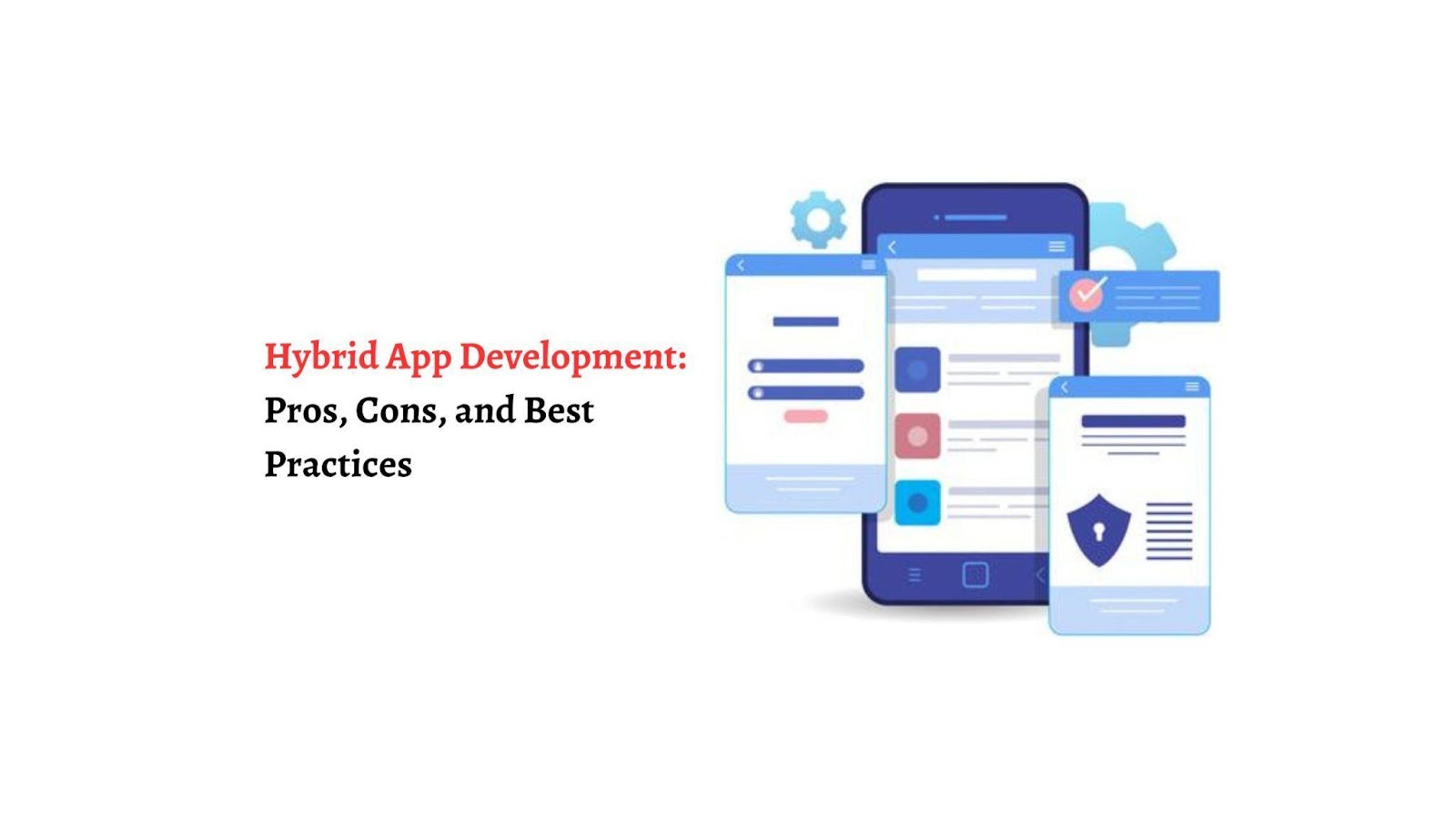Have you given a thought about what it takes to build a high-performing, feature-rich application faster? Twitter, Instagram, Gmail, and Uber— what was the app development technology and approach behind the success of these applications? One thing that is common about these applications is that they are developed with a hybrid app development approach. Thus, working with a professional hybrid app development company can benefit your organization. However, there are a few disadvantages to hybrid app development, which need to be discussed to help you decide how it can help your business better.
Pros of Hybrid App Development
Ease of Development
Since developers need to write a single code for building applications that work consistently across devices, it is comparatively easy for developers to create hybrid applications.
Faster time to Market
Developers write a single code using web technologies and “wrap” the web code into a native-like container using specific frameworks and tools. This code can build applications for multiple devices, and thus, it is faster to roll out new features.
Cross-platform Compatibility
As mentioned, hybrid apps work simultaneously across different devices, and thus, businesses looking to achieve cross-platform compatibility can opt for hybrid app development. Therefore, not being platform-specific makes them ideal for organizations that do not want to spend time and money to build separate apps for each platform.
Easy to Scale
To keep your business running and stay updated with the latest technology trends in mobile application development, you need to choose an approach with better flexibility and reliability. And hybrid app development is easily scalable since the single codebase can make the changes effective on all platforms.
Cost-effectiveness
For any business, app development cost is a crucial factor to consider. From development kit and developers charges to development time, many parameters are associated with the cost of app development.
In addition, developing native apps for each platform is costlier since you have to build applications for each platform separately. However, with hybrid app development that works on a single codebase of web technologies, you do not have to worry about that. Besides, it saves resources, time, and costs to hire more developers.
Cons of Hybrid App Development
Test Complexity
Even though hybrid apps are developed with a single codebase, they still need to be tested on multiple devices across platforms to ensure proper functioning. However, sharing codes between various platforms and also written in native practice for specific OS can make testing even more complex.
Performance Limitations
Hybrid apps can be heavier since they require writing more code lines than a native app to incorporate features that can adapt to various devices. Moreover, relying on a single codebase for all platforms can further make you miss out on native features, hindering performance and user experience.
Limited Access to APIs and Features
Developed with a single codebase, hybrid apps may lag behind native apps in adding new features and APIs. This is because these apps depend on the frameworks they use to support new capabilities and updates.
Best Practices for Hybrid App Development
- Selecting the Right Framework
Choose a framework that suits your app’s needs, ensuring scalability, performance, and robust community support. - Focusing on Performance
Optimize performance to address challenges like loading speeds and responsiveness, ensuring a smooth user experience. - Conducting Rigorous Testing
Thorough testing across devices and platforms is essential for reliability and stability. Cross-platform testing simplifies the process, enabling the identification and resolution of issues effectively.
Conclusion
Whether or not working with a hybrid app development company is the right development path also depends on the type of application you are building. If you want to deploy and develop an application faster on multiple platforms, hybrid app development might be the right choice. On the other hand, if you want to focus on a particular OS and cater to an audience with an exceptional user experience, native app development is the suitable solution.
Therefore, weigh the pros and cons of building a hybrid application to find out the right approach for your business.
